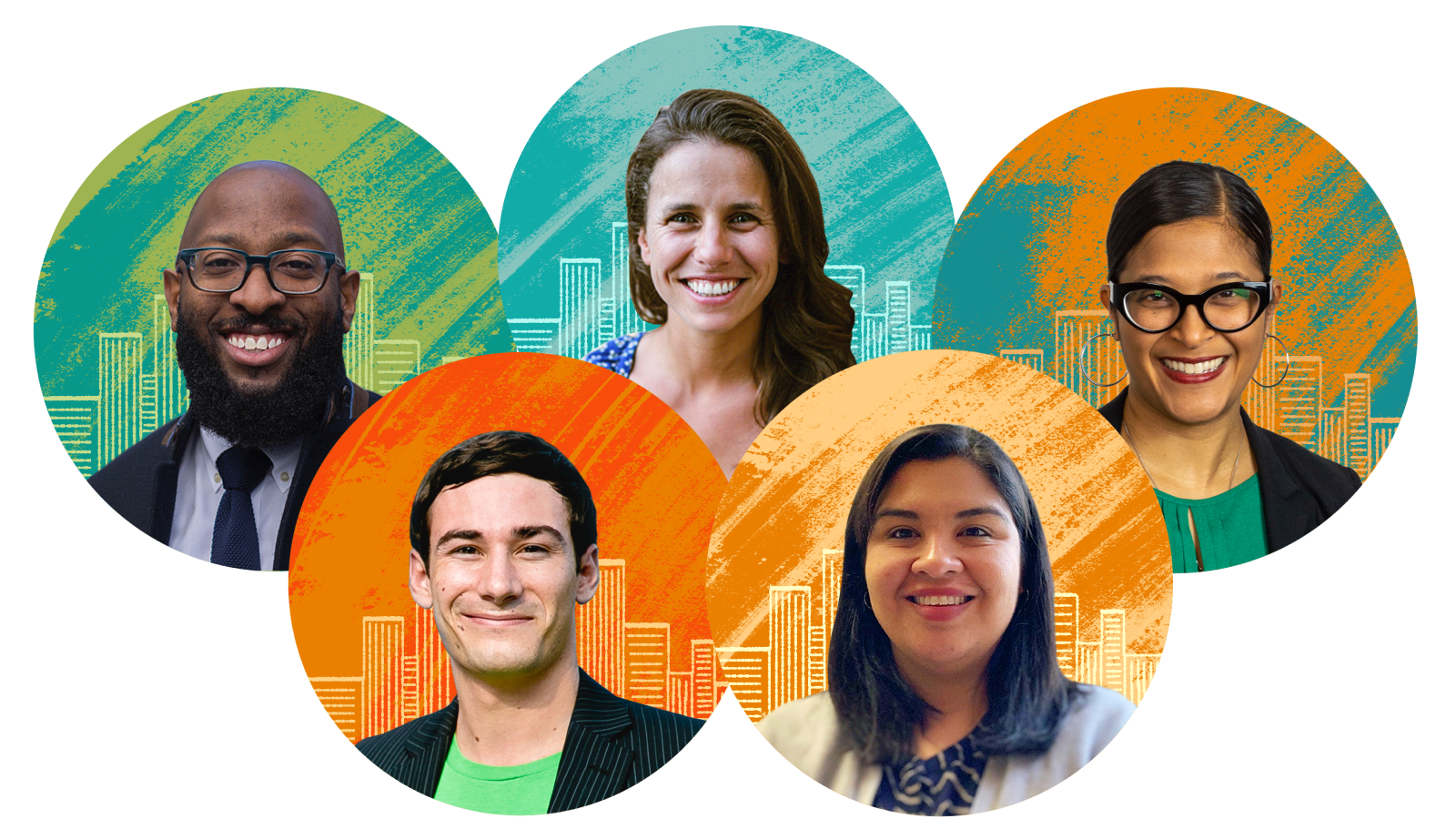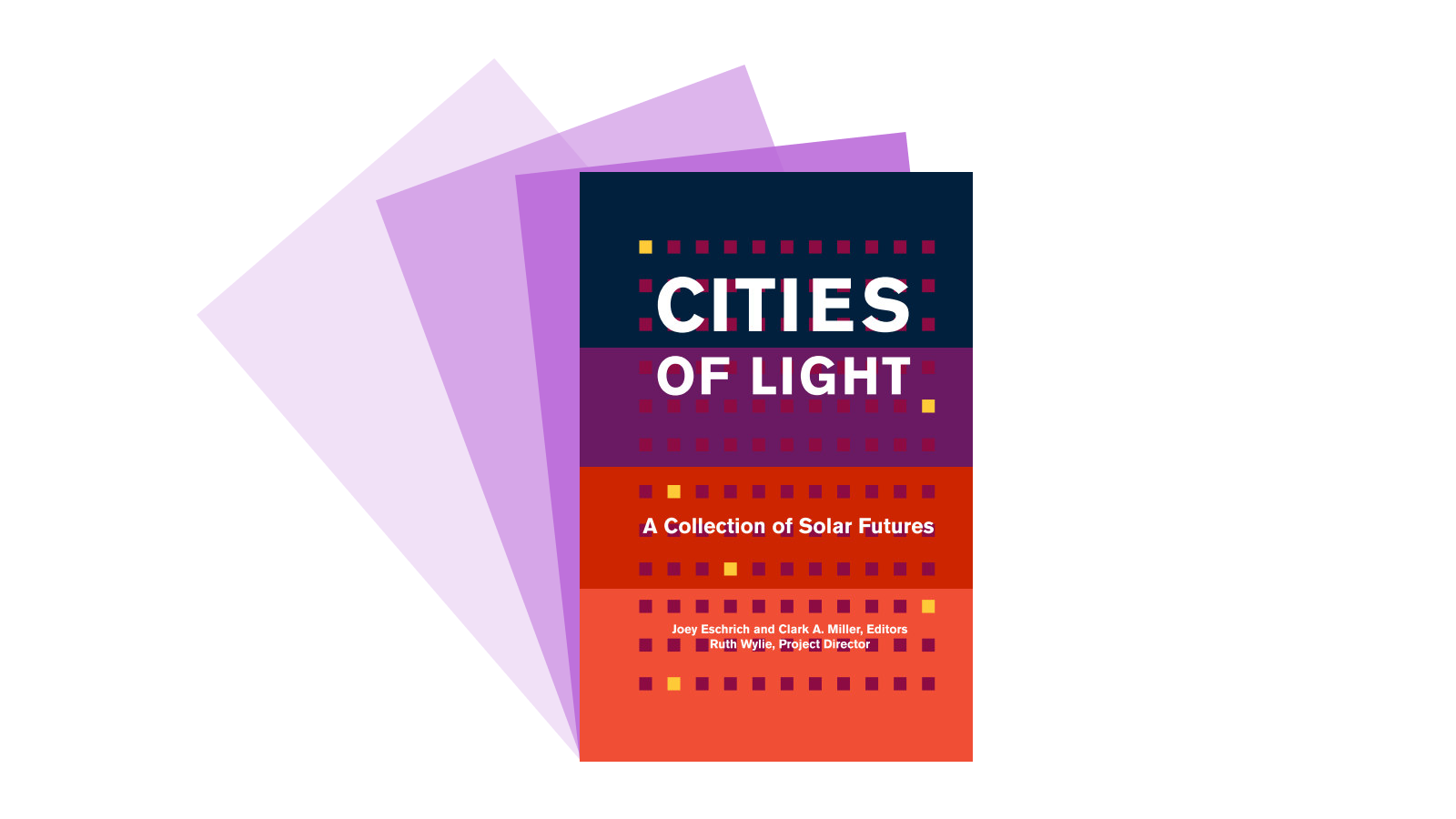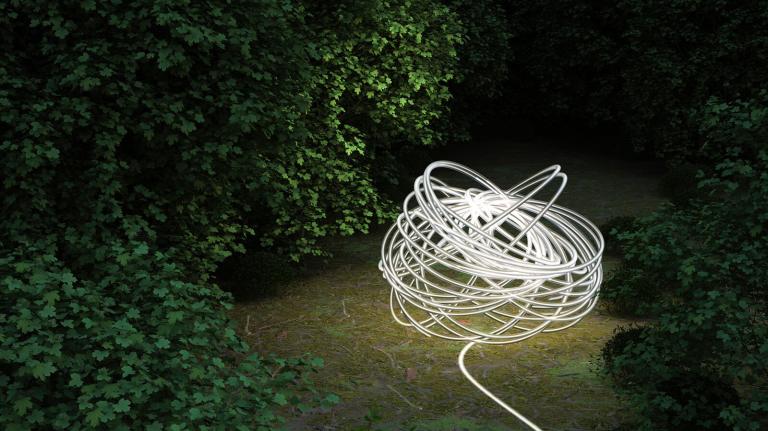Hey there,
My kids have always loved to ride the Seattle monorail, a single-track train built to whisk people from the city’s downtown to the 1962 World’s Fair, less than a mile away. When they were little, they liked to sit in the very front of the train and imagine they were blasting off into the future.
 The theme of the World’s Fair in 1962 was the 21st century, with a focus on cities of the future. At the time, a nuclear winter was an existential threat to humanity, and the event placed a lot of faith in SCIENCE saving the day. Today, the climate crisis poses an existential threat, but we now know the solutions must involve political and community-led answers as much as technological developments.
The theme of the World’s Fair in 1962 was the 21st century, with a focus on cities of the future. At the time, a nuclear winter was an existential threat to humanity, and the event placed a lot of faith in SCIENCE saving the day. Today, the climate crisis poses an existential threat, but we now know the solutions must involve political and community-led answers as much as technological developments.
In a newly launched series, the Fix team is exploring what green, equitable, resilient cities could look like. Will commutes be a thing of the past? How will buildings be constructed? What happens when actual real-life citizens design climate solutions? The series includes reported features, essays, and interviews, as well as fictional investigations.
Jump aboard to explore how we’ll live, work, and play in cities of tomorrow. And, as always, please bring your friends along for the ride.
Your new heroes

About 83 percent of Americans and 56 percent of the world’s population live in urban areas, with numbers expected to climb. My colleague Claire Elise Thompson interviewed five current and former city sustainability officials about climate and equity trends they’re observing — and helping to create. These folks are crafting plans today that will shape buildings, transportation systems, public spaces, and city services tomorrow. Excerpts below:
“With an engaged federal government, engaged cities, and the ability to prioritize equity and inclusion, this is the moment. It’s going to be incredibly exciting to witness what’s possible in the next decade.”
— Mark Chambers, senior director for building emissions, White House Council on Environmental Quality; former director, New York City Mayor’s Office of Sustainability
“It’s very challenging in government to really be connected to communities, but it’s much more doable at the local level. This work is so contingent upon relationships that working at a smaller scale, closer to the ground, makes a lot of sense.”
— Leah Bamberger, director of sustainability, Providence, Rhode Island
“Most people in government are there because they believe in public service. When you give people who are public servants the skills to actually facilitate change, it’s very powerful.”
— Desirée Williams-Rajee, owner, Kapwa Consulting; former equity specialist, Portland Bureau of Planning and Sustainability in Oregon
“We want to be at the cutting edge of the clean energy revolution — and that presents really exciting economic development and job-creation opportunities. This transition could be one of the best wealth creators for the communities that have been disproportionately impacted by a lot of the development over the last hundred-plus years.”
— Chris Castro, director of sustainability and resilience, Orlando, Florida
“All of these exciting environmental priorities are going to lead to a healthier, better city that will improve quality of life. But if we don’t center environmental priorities on equity and acknowledge historic harms, then we’re not building for the future.”
— Angela Tovar, chief sustainability officer, Chicago, Illinois
Your reading list

Who doesn’t love staying #ontheme? Accordingly, take a gander at Cities of Light, a collection of short fiction stories, art, and essays published by the Center for Science and the Imagination at Arizona State University. The book explores the clean-energy future of four cities: Chicago, Portland, San Juan, and San Antonio. Its origin story is somewhat similar to Fix’s own climate-fiction contest — the ASU collection grew out of a “narrative hackathon” at the National Renewable Energy Laboratory in February 2020 that convened authors, artists, and experts in relevant technical fields. The teams at the event determined which stories to focus on, and the final stories, essays, and art were the result of a deeply collaborative process.
You can purchase a print version of the book or peruse a free digital copy. Fix just published one of the book’s short stories, “Efficiency,” by renowned science-fiction writer Paolo Bacigalupi, in which an AI plots to take over a community’s solar power.
Your pick-me-up
- Dude, where’s my car? Minneapolis and St. Paul are taking steps to eliminate parking minimums for new developments, which advocates say would make housing more affordable as well as reduce vehicle ownership and use.
- Scoot your own horn. E-scooters, a much-ballyhooed solution to the “last-mile” problem (when the distance between a transit stop and home is too far to walk), are finally set to arrive in New York City. Newer scooters are built to last and come equipped with geofencing, a technology “to keep scooters off sidewalks and away from restricted areas by automatically cutting the power to the motor when the scooter crosses the geofence.”
- Ich bin ein Greener. Germany last week pledged to end 100 percent of its greenhouse gas emissions by 2045, putting it ahead of every other industrialized country in its timeline.
- An Evergreen State of mind. Back in the U.S., Washington may now be the leading state responding to the climate crisis after its legislature passed an ambitious carbon cap last month. The legislation follows a raft of other climate laws and regulations passed over the last couple of years, as documented quite thoroughly by David Roberts. Not to be left behind, much of California hit 94.5 percent renewable energy, if fleetingly, a couple of weeks ago. New York Times columnist Farhad Manjoo says the wind and solar boom is here to stay.
- Carbon-free shipping. A French research vessel last year traveled nearly 11,000 nautical miles powered solely by renewable energy. The race is on to find solutions for the shipping industry — which produces 3 percent of global carbon emissions — though the undertaking will be a huge one.
Your next move
- Take a bike. If, like 83 percent of Americans, you happen to live in a city — why not get to know it a little better by taking a self-guided bike tour? Ride the City has tips, routes, and maps for a number of cities all over the world. If you prefer to blaze your own trail, you can track it with Map My Ride and revisit old favorites later. (And if you get a flat, you know we’ve got you covered.)
- Listen to your art. How does art show up for justice? Come find out at an event Fix is hosting on May 27, celebrating the launch of the climate anthology The World We Need. The event will feature the work of Fixers Favianna Rodriguez and Beka Economopoulos.
- Lend a hand. And lastly — although American cities are beginning to see what the other side of the pandemic might look like (we don’t have to wear masks anymore?!), other nations are still ravaged by it. Here’s one place where you can donate to India’s COVID-19 response and a link to support Doctors Without Borders in its global pandemic-relief efforts.



